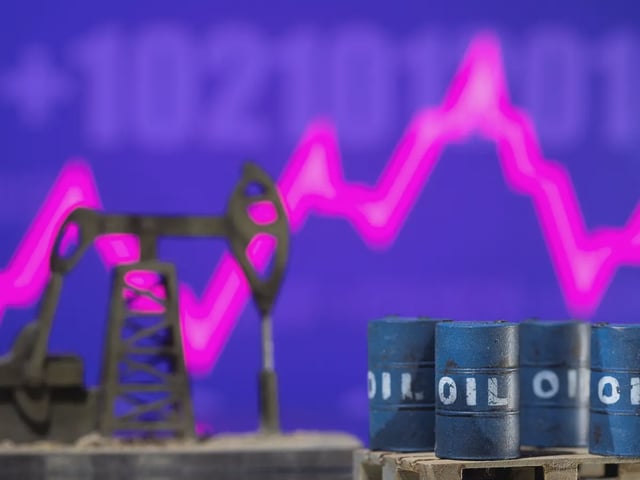Overview
- The European Commission’s draft sets the cap at 15% below the average global crude price over the past three months with quarterly adjustments.
- This dynamic mechanism is included in the EU’s 18th sanctions package to tighten pressure on Russian oil revenues after the static $60 limit lost effectiveness.
- Greece, Cyprus and Malta have raised concerns about potential shipping sector losses and demand safeguards in the updated framework.
- Uniform adoption requires unanimous consent from all 27 EU member states before the floating cap can take effect.
- Washington has opted not to endorse the change and the Kremlin has dismissed the proposal while preparing countermeasures.

